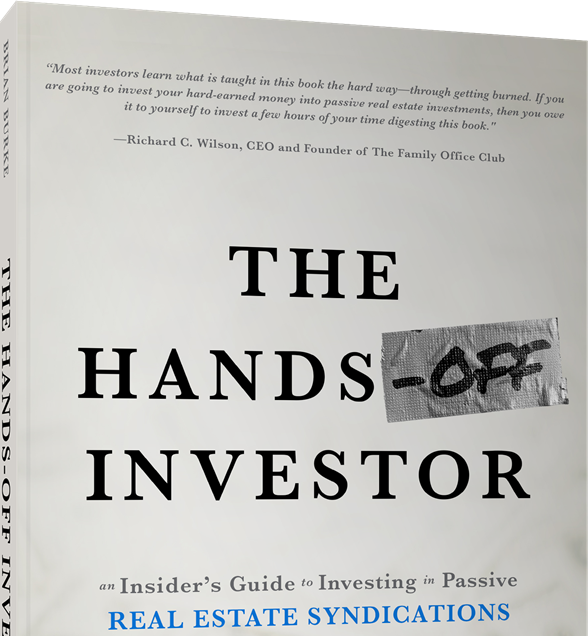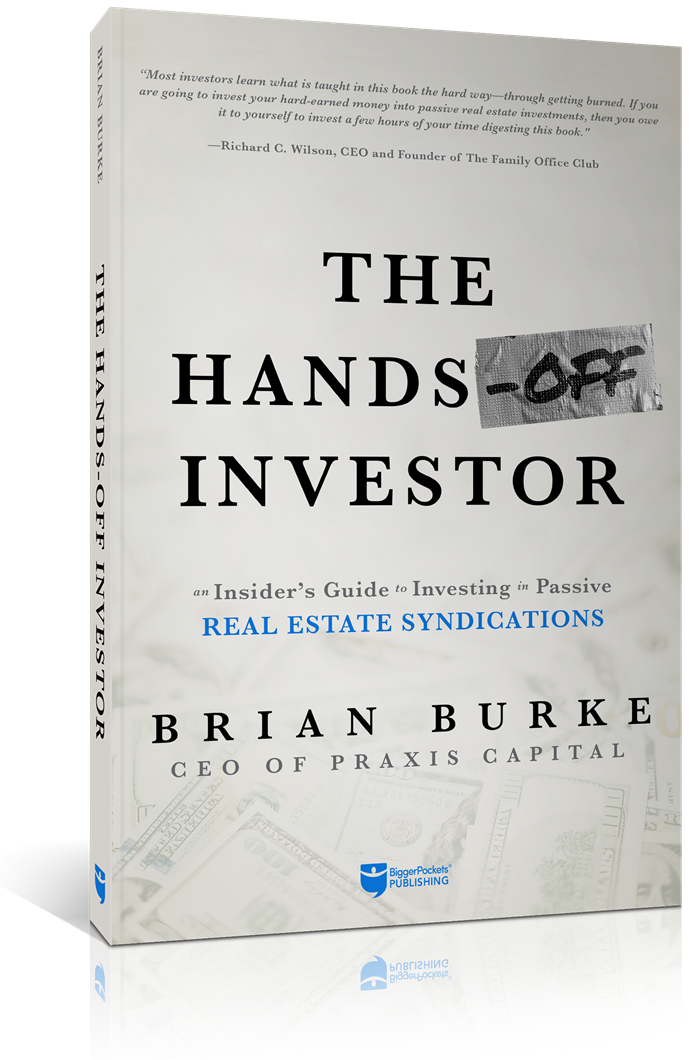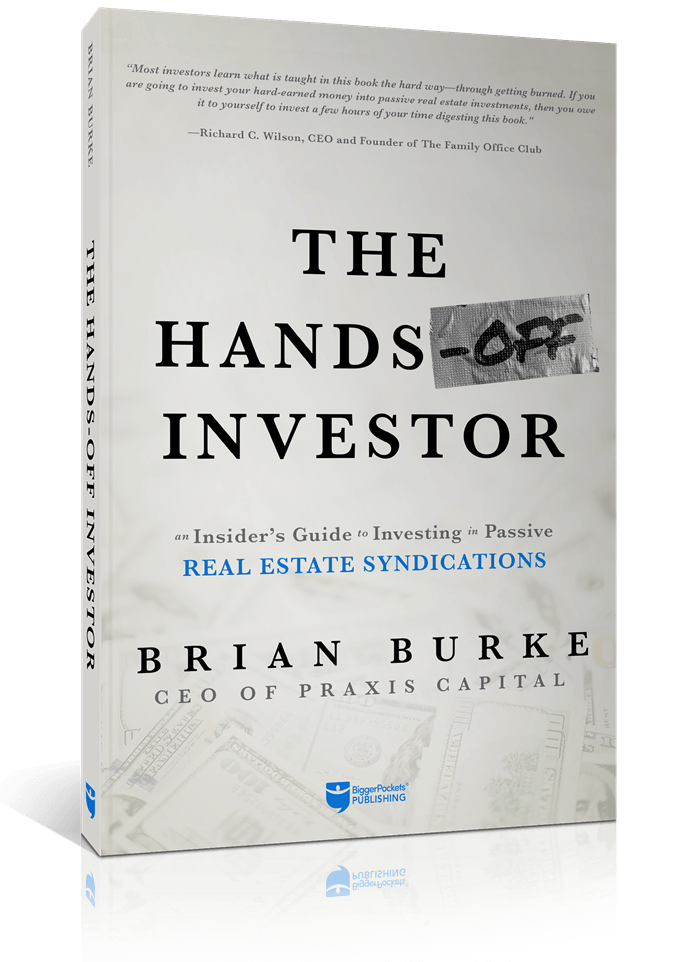How To Cut Investment Costs The Right Way

The new DOGE initiative has put a major focus on cost cutting this year. Although the department’s moves may be highly controversial, there are times every organization, and individual needs to reevaluate their finances, expenses, and the productivity of their capital.
How can this be applied to your investment portfolio to ensure you are optimizing for the best possible net returns?
Balancing Skimping Vs. Overpaying
Investing is essential. The quality of your investments are relative to their results. You often get what you pay for. Being too cheap can lead to poor quality investments, with even worse asset management. Yet, allowing too much bloat in expenses can also lead to waste, and throwing away precious returns.
Occasionally a heavy-handed approach to rectify things is wiser than a series of slow cuts. Just be careful not to skimp on essentials.
Transactional Costs
Investors often throw away a good portion of their gains in transaction costs. There are certainly times to exit mature investments and to get into new ones with more growth potential. Look for options that you can hang onto for at least a few years, versus constant trading. When you do sell and buy, know the cost, and factor that into your financial projections.
Broker Fees
There is a lot of value to be found in great financial advisors, accountants, and asset managers. Just make sure that your interests are aligned, and that those professionals are not the only ones winning and making money off of your money and investments.
Again, you should want to invest in quality professional advice and management. Just make sure those fees are transparent, competitive, and profitable.
Finance Costs
Financial leverage can be a powerful tool, when used well. Yet, it is a cost. If you are borrowing at 4%, and are earning 14% on that capital, that can be great. However, beyond interest, it is vital to calculate your true costs, including any other financing costs. Such as loan set up fees, closing costs, etc.
Investing with the equity you have, and partnering up in equity investments can help minimize these costs, and put you in more financially sound investments.
Taxes
Taxes are one of the most significant costs of investing. Often, the more money you make, the bigger your tax bill and tax rate gets.
Commit to continually learning about more advanced tax saving vehicles and strategies. Look for ways to defer taxes, invest for tax free returns, and compound your gains.
Avoid Losses
The number one rule of investing is not to lose money. The security of your capital, and return of your investment, is far more important than any hope of a big return on your investment.
This again comes back to selecting quality investments. As well as investing with those that have a proven track record of preventing their investors from losing money during crises.




























